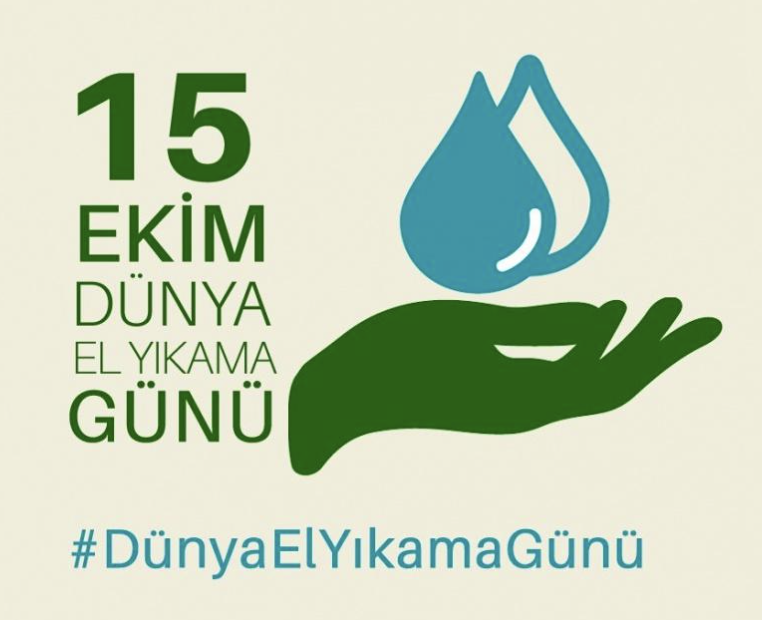
For your satisfaction and suggestions
İGÜMER

According to the World Health Organization (WHO), about 80% of infections are transmitted through hands. Neglecting hand hygiene contributes to the spread of respiratory infections, diarrhea, pneumonia, influenza, COVID-19, and healthcare-associated infections.
A simple act of washing hands with soap and clean water can significantly reduce the transmission of these diseases. The WHO recommends washing hands with soap for at least 20 seconds, especially before preparing food, after using the toilet, during childcare, and while providing healthcare services.
Field studies conducted in Türkiye indicate that although awareness of handwashing is high, the practice itself is often insufficient.
While most people know that handwashing is important, there is still a lack of knowledge regarding when, how, and for how long hands should be washed. The lack of consistent hygiene education, particularly among children and school-aged individuals, remains a major factor contributing to the spread of infectious diseases.
Hand hygiene is not merely a personal cleanliness behavior, but one of the most effective ways to protect public health. Among healthcare professionals, proper hand hygiene practices are considered the “gold standard” in preventing hospital-acquired infections.
Wet hands with clean water and apply enough soap.
Rub palms, backs of hands, between fingers, under nails, and wrists to create a lather.
Continue scrubbing for at least 20 seconds.
Rinse hands thoroughly under running water and dry with a disposable towel or air dryer.
These simple yet powerful steps, when practiced regularly, can prevent millions of infections each year.
Hand hygiene plays a crucial role not only in preventing communicable diseases but also in controlling antibiotic resistance, chronic disease exacerbations, and community-based outbreaks.
Ensuring easy access to handwashing facilities, clean water, and soap in schools, workplaces, and healthcare institutions is vital for maintaining sustainable public health.
Nurses play a leading role in promoting hand hygiene awareness.
Through patient care, health education, and community-based programs, nurses contribute significantly to controlling the spread of infectious diseases by reinforcing the importance of proper hand hygiene.
In this regard, Global Handwashing Day serves as an international reminder encouraging both individuals and healthcare workers to sustain effective handwashing practices.
It should be remembered that washing hands is not just a personal hygiene habit but the strongest frontline defense for protecting public health.

© Copyright 2022 Istanbul Gelisim University All Rights Reserved.